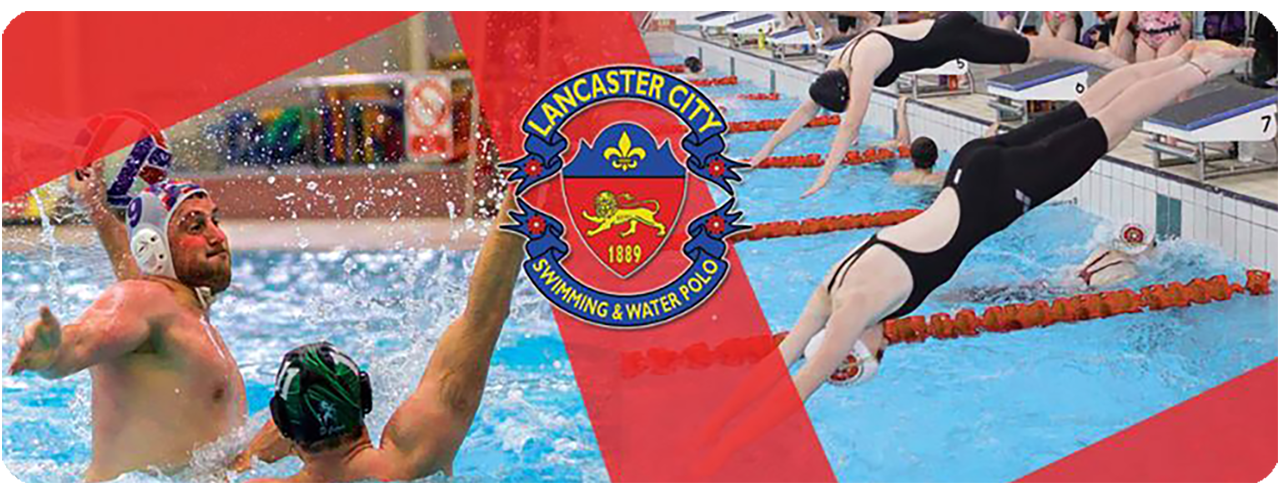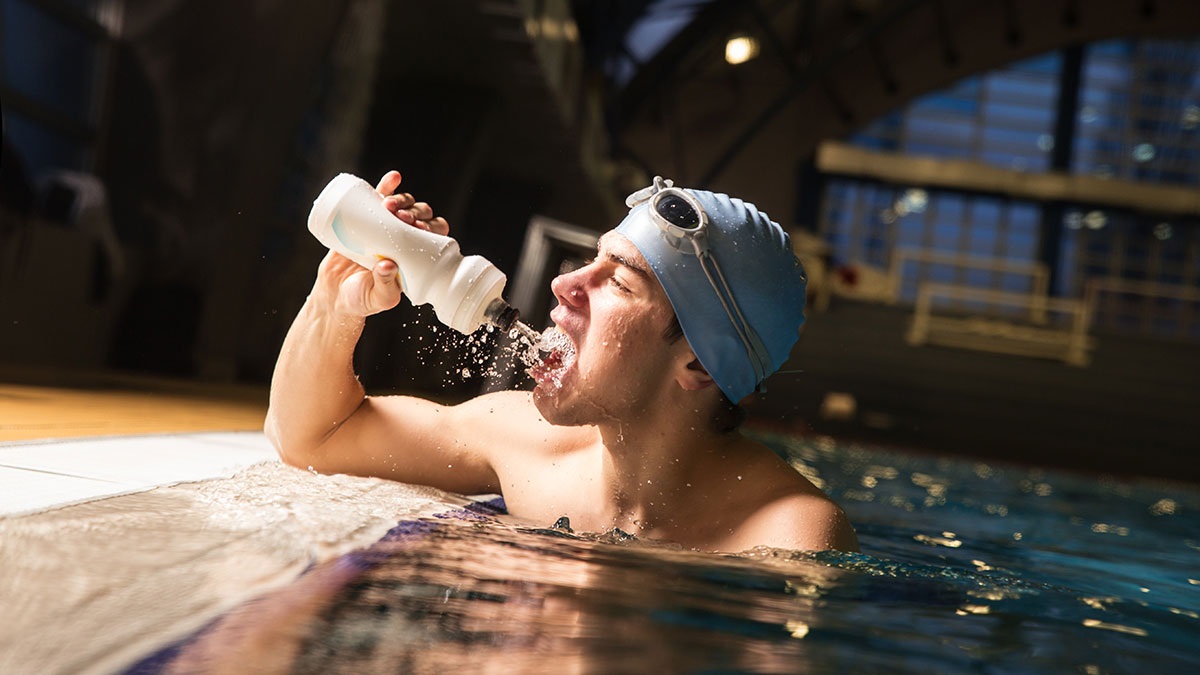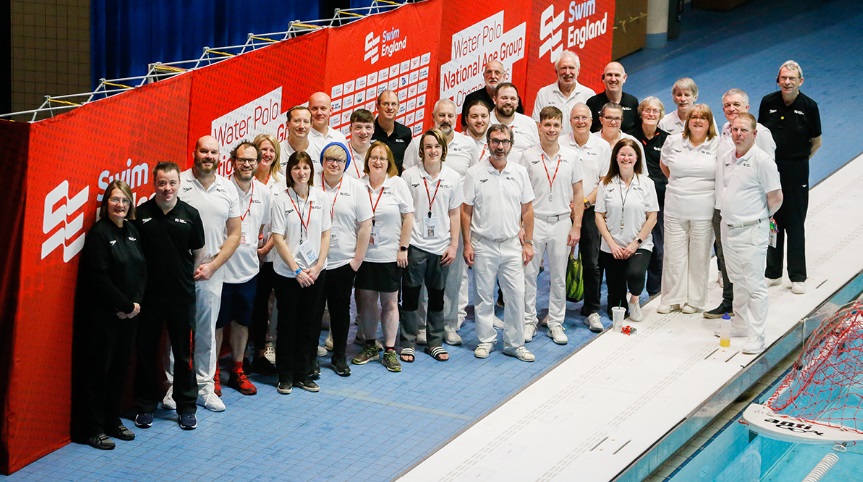
Ensure you stay fluid during workouts with this sports nutrition hydration advice
Whether you are working out on your own at home, or taking part in a virtual club training session, it’s important to stay on top of your hydration levels.
Fluid makes up to 50 to 75 per cent of a person’s body, although this varies with age and gender.
Ozcan Esen, a lecturer in sports nutrition at Manchester Metropolitan University, and sport and exercise nutrition BSc(Hons) students have produced some hydration advice for everyone to follow.
Daily hydration is essential for:
- The process of ingestion and digestion
- Transport of nutrients and metabolites
- Excretion of waste products via kidney
- Regulation of body temperature.
As a general rule, you should drink between 1.2 and 1.5 litres a day with the assumption of a further one litre through food.
Fresh juices, milk, tea, coffee and soft drinks all contribute to water consumption.
Hydration pre-workout
The main priority is to ensure you are well hydrated before exercise as performance will suffer if you are in a dehydrated state.
Ensure you drink five to seven millilitres of fluid per kilogram of body weight slowly at least four hours before exercise.
For example, for a 40kg person intake should be between 200-280 ml or for a 70kg person, intake should be between 350-490 ml.
However, don’t force yourself to drink too much before exercise as it could have negative effects on your performance.
Hydration during workout
Every athlete has different hydration needs during exercise, due to sweat rates varying from one person to the next.
Performance can be maintained if you replace the fluids lost through sweat during exercise.
By weighing yourself before and after exercise, you can estimate the volume of fluid your body requires to remain hydrated during exercise.
Hydration post-workout
After exercise, both water and sodium needs to be replaced.
To fully rehydrate, try to drink 1.5 litres per each kilogram of body weight lost in sweat.
Do not drink all your required fluids in one go, make sure you spread them out over a few hours.
How to work out how much fluid you need to drink to rehydrate after your workout:
- Weigh yourself before working out
- Make sure to keep a note of how much fluid you drink within your workout
- Weigh yourself afterwards
- Take your starting weight and take away your post-workout weight
- Also take away any fluids you drank
- Take this final number and times it by 1.5.
Dehydration and overhydration
Be aware of dehydration and overhydration as both can have different affects.
Dehydration can cause headaches, fatigue, loss of precision/concentration, irritability and nausea.
On the other hand, overhydration can lead to fluid retention, hyponatremia and comas.

 Swim England has created a free interactive course to give young volunteers a basic understanding of safeguarding, welfare and best practice.
Swim England has created a free interactive course to give young volunteers a basic understanding of safeguarding, welfare and best practice. We would like to congratulate our Masters head coach and all round good guy Harry Sykes for his nomination for the Volunteer Of The Year award within Swim England North West.
It's been an absolutely fantastic year for our masters and Harry has been the driving force for the team.
I would also like to congratulate one of our clubs ex Presidents - Mike Hesketh has been leading the charge within water polo for a number of years. He has also been nominated inthe volunteer of the year category.
Well done both
We would like to congratulate our Masters head coach and all round good guy Harry Sykes for his nomination for the Volunteer Of The Year award within Swim England North West.
It's been an absolutely fantastic year for our masters and Harry has been the driving force for the team.
I would also like to congratulate one of our clubs ex Presidents - Mike Hesketh has been leading the charge within water polo for a number of years. He has also been nominated inthe volunteer of the year category.
Well done both Well done to our very own Philippa Molloy for being nominated in this year's Development Coach Of The Year category.
She's an awesome coach and all round awesome person and we are so proud that she's has been recognised for the effort and support she puts into the club and our athletes.
Well done to our very own Philippa Molloy for being nominated in this year's Development Coach Of The Year category.
She's an awesome coach and all round awesome person and we are so proud that she's has been recognised for the effort and support she puts into the club and our athletes. Why not try a new sport?
We are currently looking to expand our Water Polo program. Opportunities for all ages in both our male and female teams.
Book your free taster session now - from a beginner to winner.
Why not try a new sport?
We are currently looking to expand our Water Polo program. Opportunities for all ages in both our male and female teams.
Book your free taster session now - from a beginner to winner. We are taking a team of 52 athletes to the North Lancs Development meet in July
We are taking a team of 52 athletes to the North Lancs Development meet in July The Swim England National Awards will return to the Great Hall at the University of Birmingham on Saturday 30 November 2024.
The awards will celebrate the incredible spirit of aquatics by showcasing individuals, groups and organisations for their passion, dedication and outstanding commitment over the past year.
The Swim England National Awards will return to the Great Hall at the University of Birmingham on Saturday 30 November 2024.
The awards will celebrate the incredible spirit of aquatics by showcasing individuals, groups and organisations for their passion, dedication and outstanding commitment over the past year. Well done to Lancaster City Football Club for beating Bamber Bridge yesterday. Thank you for allowing us to be your match day sponsor - we really enjoyed the match and day.
Well done to Lancaster City Football Club for beating Bamber Bridge yesterday. Thank you for allowing us to be your match day sponsor - we really enjoyed the match and day. Matt Wilson takes over from Rob Simpson as this years Club Captain and Zara and Jad become our new Swim Captains.
These three have been amazing members of our team for many years, Zara swimming since 2015, Jad since 2020 and Matt joining our masters squad and coaching team in 2021.
Since joining the club Matt has been very proactive on developing the club as a Committee member and has enjoyed his time in the pool achieving numerous PBs and representing the club at the Masters National events.
Both Zara and Jad have represented the club over many years at both home and external galas and they will hopefully continue to inspire our younger athletes as their predecessors have in 2023.
We wish them well and are looking forward to seeing how they progress our athletes in and out of the pool this year.
Matt Wilson takes over from Rob Simpson as this years Club Captain and Zara and Jad become our new Swim Captains.
These three have been amazing members of our team for many years, Zara swimming since 2015, Jad since 2020 and Matt joining our masters squad and coaching team in 2021.
Since joining the club Matt has been very proactive on developing the club as a Committee member and has enjoyed his time in the pool achieving numerous PBs and representing the club at the Masters National events.
Both Zara and Jad have represented the club over many years at both home and external galas and they will hopefully continue to inspire our younger athletes as their predecessors have in 2023.
We wish them well and are looking forward to seeing how they progress our athletes in and out of the pool this year. What an amazing set of results for an amazing team!
15 Gold medals
11 Silver Medals
2 Bronze medals
And 12 pbs
Well done, Masters - you've done us proud yet again!
Thank you, Harry, for coming to support us
Thank you, @carlisle.aquatics, for having us.
#bethebestyoucanbe
#gohardorgohome
#bringtheboom
#bekindtothewaterandthewaterwillbekindtoyou
#redrose
What an amazing set of results for an amazing team!
15 Gold medals
11 Silver Medals
2 Bronze medals
And 12 pbs
Well done, Masters - you've done us proud yet again!
Thank you, Harry, for coming to support us
Thank you, @carlisle.aquatics, for having us.
#bethebestyoucanbe
#gohardorgohome
#bringtheboom
#bekindtothewaterandthewaterwillbekindtoyou
#redrose Volunteers form the backbone of everything in aquatic sports. Without them, clubs and events simply could not run which is why Swim England’s Volunteering team are determined to support and encourage more people to get involved in 2024.
Volunteers form the backbone of everything in aquatic sports. Without them, clubs and events simply could not run which is why Swim England’s Volunteering team are determined to support and encourage more people to get involved in 2024.